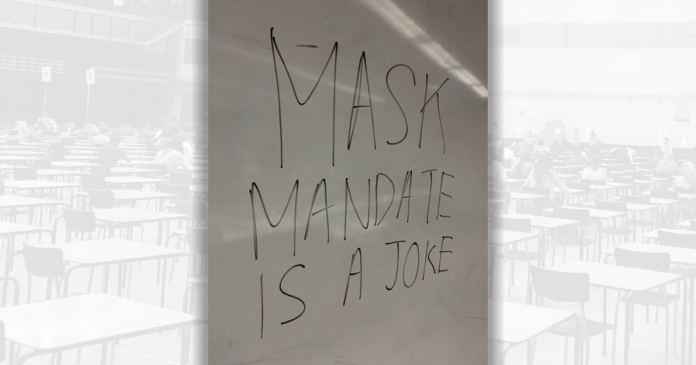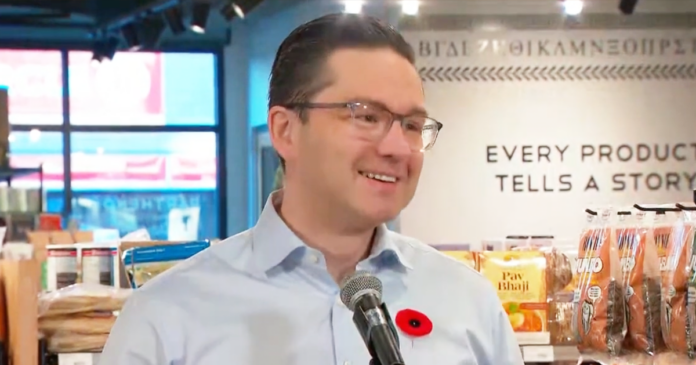Saskatchewan Justice Minister Bronwyn Eyre said her province is concerned about the prospect of the Liberal government’s fertilizer emissions reduction scheme.
While speaking to reporters on the recently-introduced Saskatchewan First Act, otherwise known as Bill 88, Eyre said the law was a reaction to “intrusive federal policies” citing fertilizer emission caps as an example.
“We’re concerned that as in so many areas— methane, clean electricity regulations, the carbon tax — it very, very, very quickly becomes not a partnership of equals, not working together but a dictation about compulsory measures, which absolutely harm the province and the ag sector, which is the most sustainable of any ag sector in the world,” said Eyre.
“We’re concerned about the signals that are being sent about the fertilizer reduction and potential mandates in that area.”
The province is one of Canada’s primary producers of agricultural goods. From 2017-2021, Saskatchewan netted $5.6 billion in canola commodities, $3.5 billion in wheat and $1.5 billion from cattle and calves, according to Statistics Canada.
Bill 88 would allow Saskatchewan to judge for itself on matters such as the “regulation of environmental standards and the regulation of greenhouse gas emissions and other emissions; and the source of fuel for electrical generation, including renewable and non-renewable resources.”
Eyre’s statements echo concerns from rural localities in the province. As exclusively reported by True North, the Saskatchewan Association of Rural Municipalities (SARM) raised a motion to lobby Ottawa to drop its voluntary 30% fertilizer emission reduction target, citing the harms it has caused for the agricultural sector.
“The Federal Government is planning to reduce fertilizer emissions by 30% by 2030 for Canadian agri-businesses,” the motion reads.
“Saskatchewan is an agriculturally based province, and such a reduction will have a major impact on food production and farm viability.”
Manitoba has also signalled that it would fight any attempt to curb fertilizer use after legislators introduced a resolution to urge the federal government to do the same in October.
“(We call on) the federal government to abandon their fertilizer reduction strategy that will hurt Manitoba farmers, producers and families, and additionally ensure that there are no penalties or exclusions from federal programs for farmers who do not meet these arbitrary targets,” the resolution read.
“(Ottawa) has failed to engage Manitoba’s farmers, failed to consult with Indigenous farmers and has failed to consider the impacts this will have on farmers and producers,” it continues.
“This bad public policy will impact anyone who purchases or consumes food in this country, and like most federal policies, those struggling the most will be the ones who are disproportionately impacted.”


























